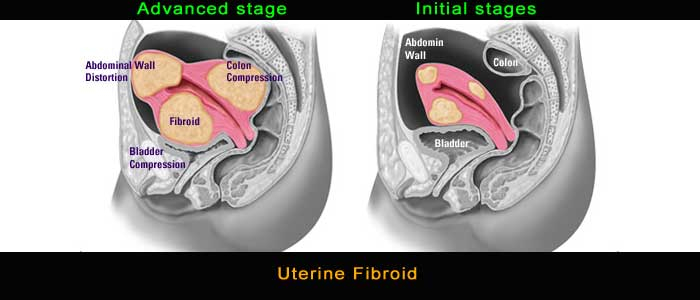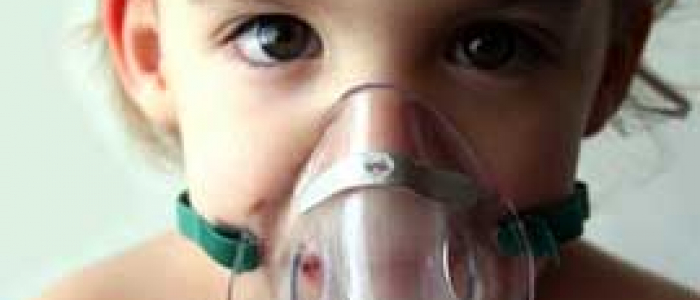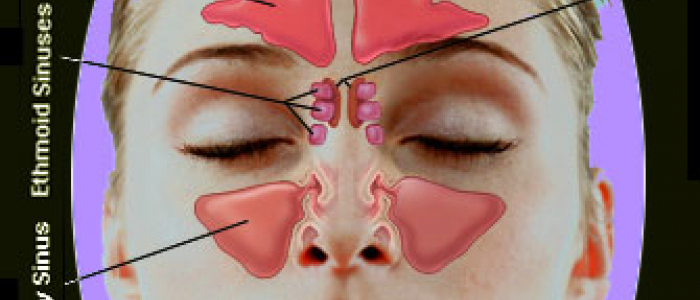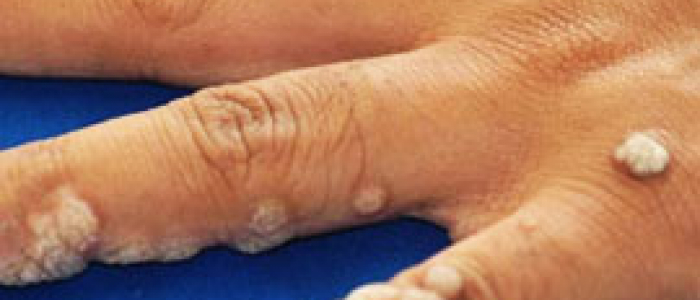Nearly half of doctors in a recent survey admit to witnessing a serious medical error but not reporting it.
That is one of the findings in a new survey aimed at measuring how well doctors conform to guidelines on medical professionalism, reported today in The Annals of Internal Medicine. The survey, led by researchers from Massachusetts General Hospital, surveyed nearly 1,700 doctors about their beliefs and practices regarding medicine. Over all, the survey shows that most doctors adhere to strict standards of professionalism regarding medical mistakes, patient privacy and appropriate patient relationships.
You can read the original New york Times article here
But what is surprising about the research is how many doctors are willing to look the other way when rules are broken. For instance, 93 percent of doctors agreed that physicians should report all serious medical errors they observe. And 96 percent said physicians who are significantly impaired or incompetent should be reported to the authorities. But when doctors were asked about their personal experiences witnessing medical errors and bad doctors, 46 percent said they had firsthand knowledge of medical mistakes but didn’t report them. And 45 percent said they were aware of bad behavior by doctors that they didn’t report.
“It says they’re not living up to their own personal beliefs, and their responsibility as professionals,’’ says Dr. David Blumenthal, director of the Institute for Health Policy at Massachusetts General Hospital and senior author on the paper. “There’s obviously a lot we still have to do to get physicians to agree that the responsibilities of professionals are their own personal responsibilities.’’
Dr. Blumenthal says that while nothing excuses a physician for failing to report serious medical mistakes, the system for reporting problems is often stacked against the whistle-blower. Doctors who report problems may be sued, punished with a loss of referrals, and ostracized both personally and professionally.
The survey also asked doctors about issues involving their interaction with patients. One out of 10 doctors admitted to violating patient confidentiality. And 15 percent said patients shouldn’t be informed when medical mistakes occurred. A surprising 9 percent of doctors said it was sometimes appropriate to have a sexual relationship with patients.
“The vast majority believe in the tenets of professionalism, and the majority of physicians observe those tenets in most respects,'’ says Dr. Blumenthal. “There are significant and worrisome departures that need attention from the profession and regulatory authorities.'’










